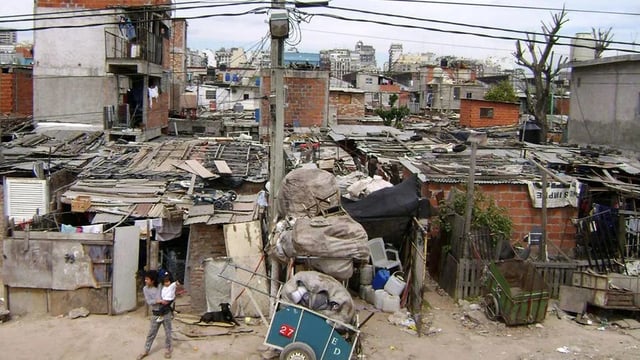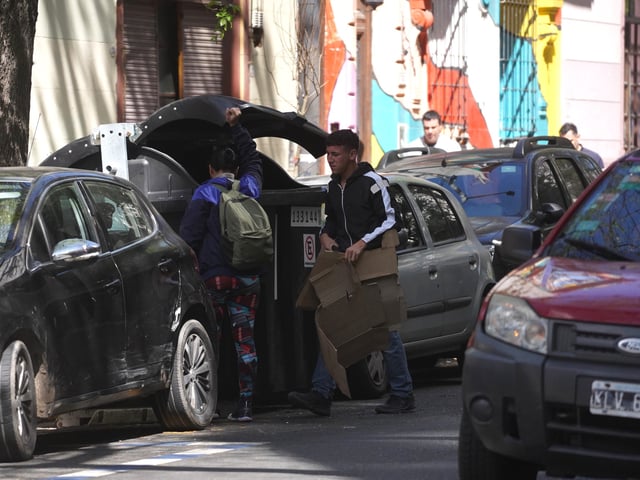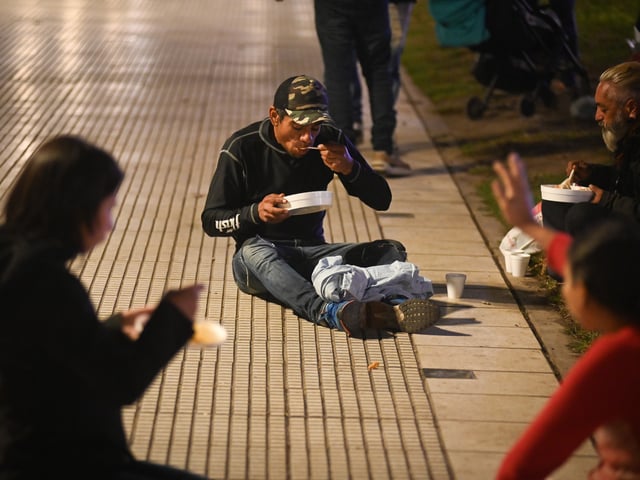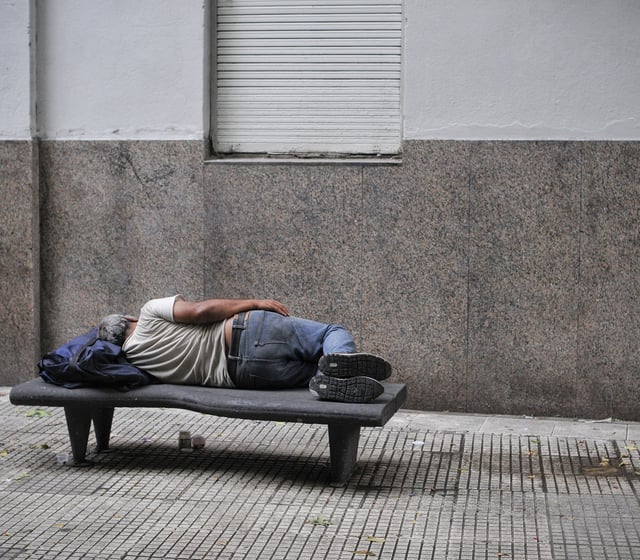Overview
- INDEC reported poverty at 31.6% and indigence at 6.9% for the 31 urban agglomerates, covering 2,456,090 households and 9,451,018 people, commonly extrapolated to roughly 15 million poor nationwide.
- The rate dropped 6.5 points from the second half of 2024 and from a peak of 52.9% in early 2024, reflecting a sharp reversal from last year’s devaluation shock.
- Measured household incomes rose 26.3% while the basic baskets increased about 12–13%, and the poverty gap remained high at 37%, indicating many poor households still fall far short of the basket cost.
- Disparities persisted, with the NEA at 39% and Patagonia at 27%, and 45.4% of children under 14 living in poor households according to the INDEC release.
- President Javier Milei hailed the figures as progress, as UCA and other analysts cautioned that improved income capture and outdated consumption baskets could overstate the decline.



